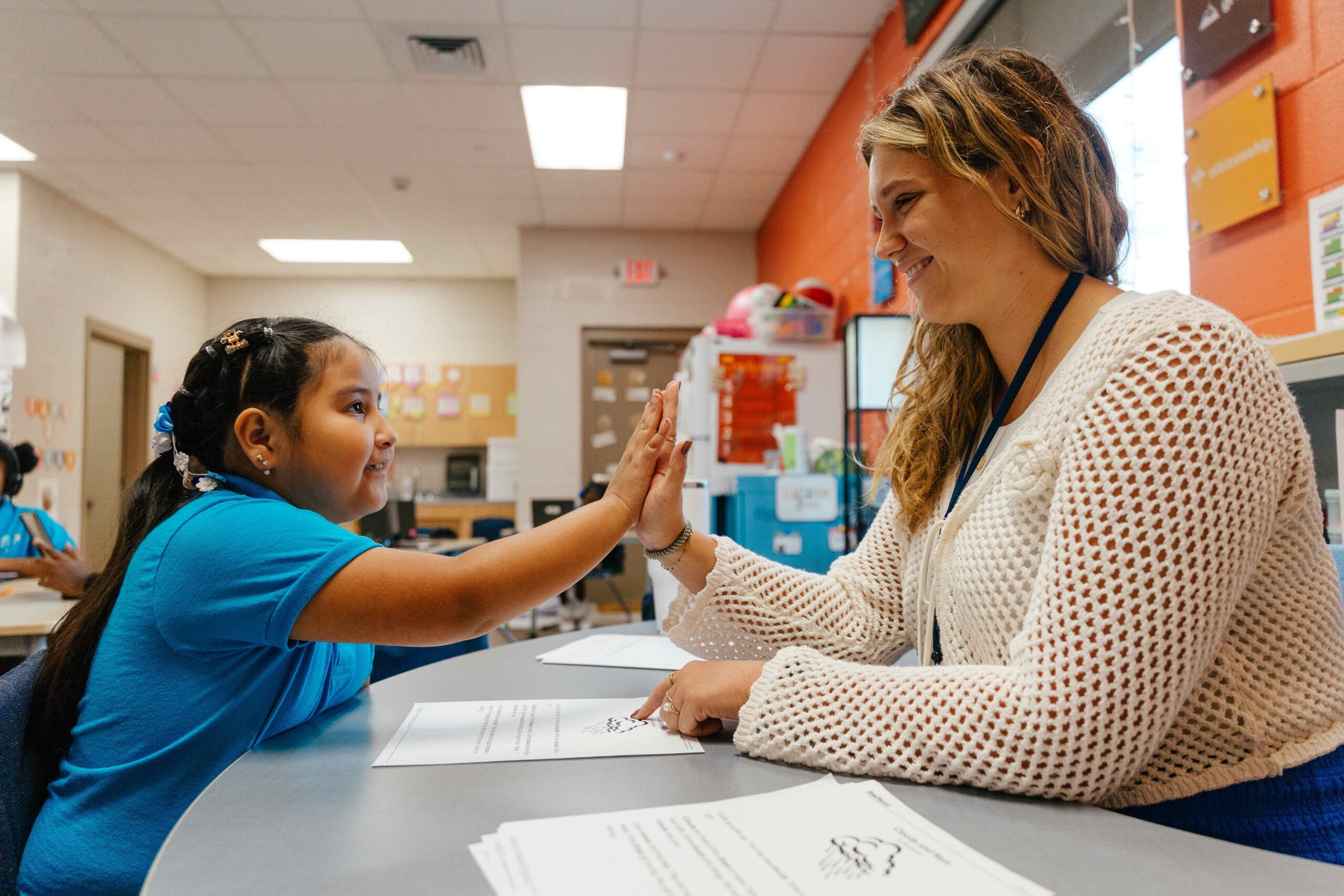One of the few good things about the COVID-19 pandemic is that it has highlighted how integral social and emotional support for students (and adults!) are to the school environment. Newspapers nationwide have been inundated with headlines screaming about the mental health crisis that we are facing in our country as a result of the prolonged pandemic and the move to virtual schooling. At Meeting Street Schools (MSS) we take the warnings seriously and are always looking for ways to better support our students, families, and employees who benefit from mental health support. I am proud to say that Meeting Street held this holistic view before the pandemic and that we remain committed to supporting our communities as we look forward to the 22-23 school year. Below are some of the ways that Meeting Street Schools have prioritized mental health for all:
- We have 1 Mental Health Professional (MHP) on campus for approximately every 175 students at each of our schools. The state of South Carolina requires 1 guidance counselor for every 800 students in elementary school and 1 for every 300 students in middle and high school. We know that it is necessary that we hire and rely on mental health clinicians with a multitude of backgrounds (including school guidance counselors, social workers, and licensed professional counselors) to support the diverse needs of our students. We also make it a point that our MHP’s time is oriented to prioritize time directly with students providing whole class social-emotional learning (SEL) lessons, small group skill building, and/or individual therapy. We also make sure that our MHPs have access to professional development opportunities aligned to their needs and a weekly check in with a Clinical Supervisor who helps them grow their brains and practice. Oh, and our MHPs are all dabomb.com!
- We build strong partnerships with external providers. We know that some of our students and families have needs that expand beyond the school building. Over the past few years, Meeting Street has developed relationships with external partners in our communities that provide consistent, high quality wrap around services for students and families. Sometimes this can look like direct access to a child psychiatrist, while for others it can be in-home behavior modification and family counseling. Our partnerships with the Medical University of South Carolina (MUSC), the National Youth Advocate Program (NYAP), and the South Carolina Youth Advocate Program (SCYAP) have given our students with the most specialized needs access to supports that they need to stay healthy.
- We recognize that adults have mental health needs, too. Our teachers and staff work incredibly hard for our kids and families. We recognize that they are juggling multiple roles outside of school, too. To better support our team’s mental health needs, we are pioneering an external partnership to provide increased access to counseling services for our employees during the 22-23 school year.
The rest of this month my colleagues will continue to highlight some of the specific ways Meeting Street addresses the needs of our students and families on this blog. I hope that you’ll read their insights and I encourage you to connect with us to learn more about what we do to prioritize mental health at Meeting Street or give us ideas on how we can continue to strengthen the supports we have in place for our community.
-Michael Beare
Director of Student Support – Meeting Street Schools



